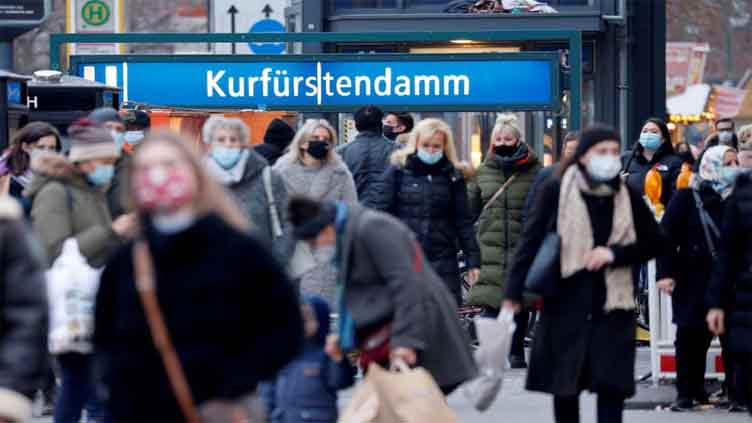German recession will be sharper than expected: Ifo Institute

Business
Inflation is forecast to ease slowly from 6.9pc in 2022 to 5.8pc this year, down to 2.1pc in 2024
BERLIN (Reuters) – The German economy will contract more than previously expected this year as sticky inflation takes its toll on private consumption, the Ifo Institute said on Wednesday while presenting its forecasts.
"The German economy is only very slowly working its way out of the recession," Ifo's head of economic forecasts, Timo Wollmershaeuser, said.
German gross domestic product is expected to fall by 0.4 per cent this year, more than the 0.1pc forecast by the Ifo Institute in March.
"When we compare Germany with our main trading partners, these countries are at least expected to post growth," Wollmershaeuser said. Ifo forecasts Eurozone GDP will expand by 0.6pc this year and the US by 0.9pc.
The economic institute has also cut the forecasts for Germany in 2024 to 1.5pc GDP growth, down from the 1.7pc it previously expected.
Inflation is forecast to ease slowly from 6.9pc in 2022 to 5.8pc this year, down to 2.1pc in 2024. Regarding core inflation, the Ifo Institute forecasts it will increase to 6pc this year from 4.9pc in the previous year, before falling to 3pc in 2024.
Due to inflation, private consumption will fall by 1.7pc this year, the economic institute forecasts. It will not rise again until 2024, when it is expected to post a 2.2pc increase.
The number of unemployed will rise slightly in 2023, but the unemployment rate will remain unchanged from the previous year at 5.3pc this year, rising to 5.5pc in 2024.
New government borrowing will fall from 106 billion euros ($115bn) in 2022 to 69bn this year and 27bn next year, according to Ifo's estimates.
($1 = 0.9162 euros)

